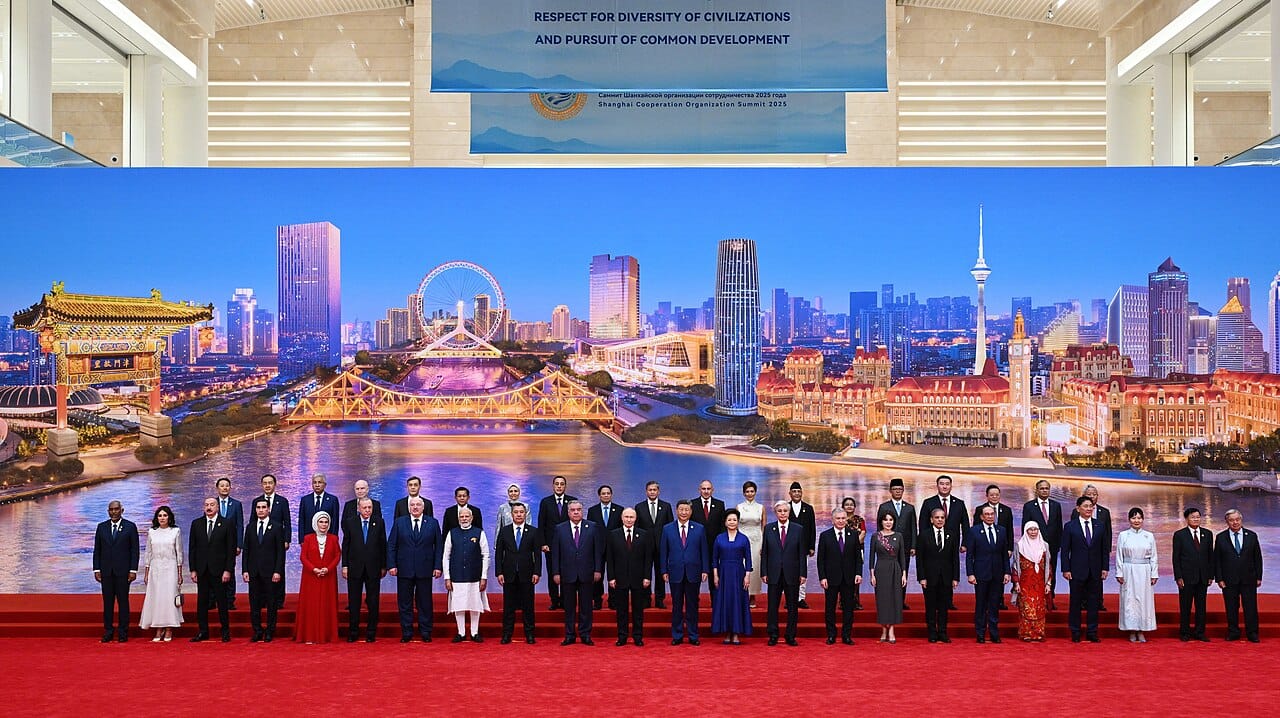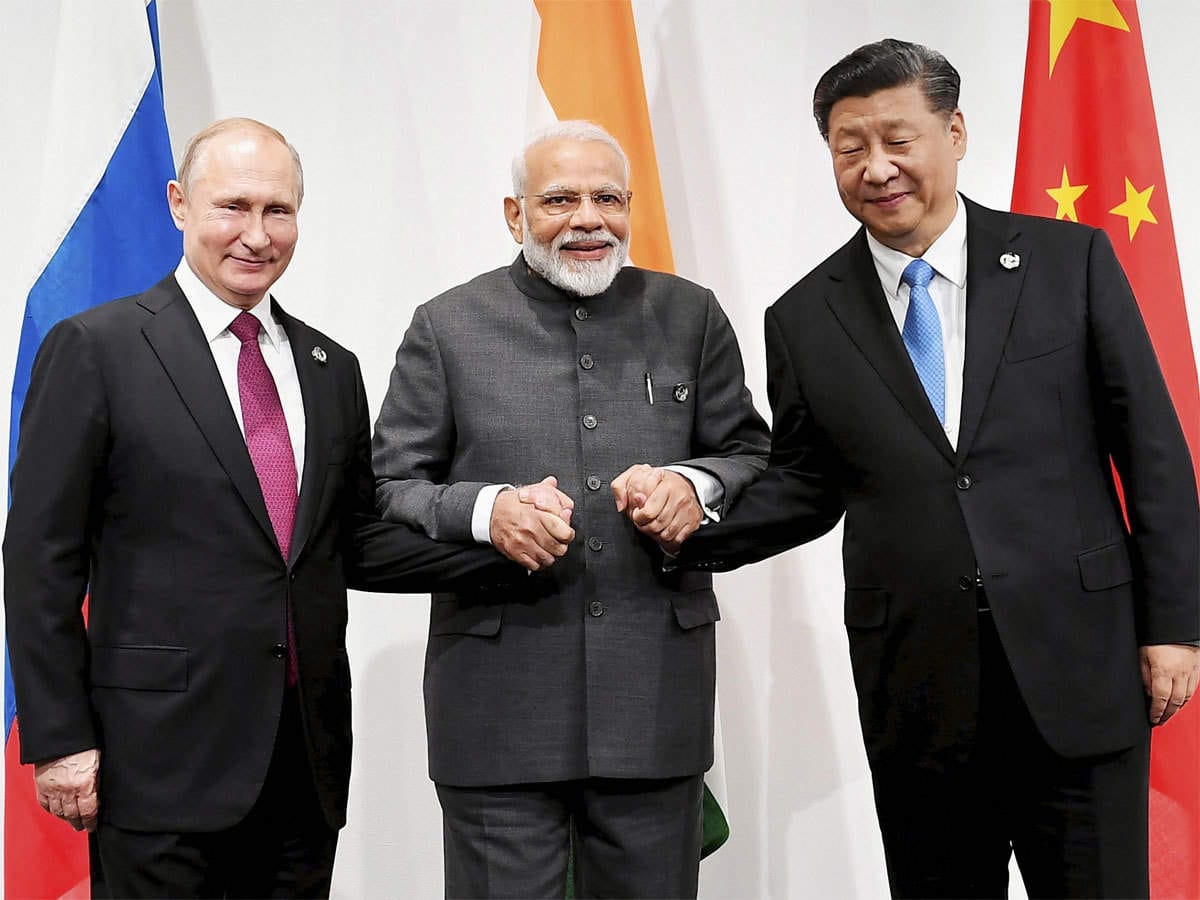GloNews10

The Shanghai Cooperation Organisation (SCO) Summit 2025, held in Tianjin, China, has become a focal point of global attention, not only for its strategic discussions but also for the symbolic warmth displayed among three of the world’s most influential leaders: Indian Prime Minister Narendra Modi, Russian President Vladimir Putin, and Chinese President Xi Jinping. Their cordial interaction at the summit’s opening ceremony has sparked conversations worldwide, trending under #SCOSummit2025 on social media platforms.
The SCO, an intergovernmental organization founded in 2001, continues to play an increasingly critical role in shaping Eurasian geopolitics. With pressing global challenges such as economic uncertainty, regional conflicts, and the reconfiguration of alliances, the 2025 Tianjin summit has taken on greater importance than ever before.
Images and video clips of Modi, Putin, and Xi standing together with smiles and handshakes dominated global news coverage, symbolizing a rare diplomatic alignment amid turbulent international relations. The optics were significant: three leaders who often find themselves on different ends of geopolitical debates appeared united on a single stage, signaling a push toward multipolarity in global governance.
According to reports from Times of India, the interactions between the leaders were described as “warm and forward-looking,” setting the tone for cooperative dialogue.
In his keynote address, Chinese President Xi Jinping emphasized that the SCO bears “greater responsibilities” in maintaining regional security and promoting sustainable development. Xi criticized “bullying behavior” in the current world order, a veiled reference to Western-led policies, and pledged funding and infrastructure projects to strengthen SCO’s capabilities.
As per Economic Times, Xi announced new initiatives focusing on digital connectivity, energy cooperation, and cultural exchange, reaffirming China’s commitment to multilateralism.
Prime Minister Narendra Modi’s participation in SCO 2025 underlines India’s delicate yet strategic approach to regional diplomacy. While India shares concerns about certain Chinese policies, it also recognizes the SCO as a platform to combat terrorism, enhance regional connectivity, and strengthen energy security. Modi’s interactions with both Putin and Xi indicate India’s intent to maintain strategic autonomy amid growing global polarization.
India’s diplomatic positioning also reflects its focus on multipolar engagement, avoiding over-dependence on any single bloc, whether it be the West or Eurasian coalitions.
Russian President Vladimir Putin received a grand red-carpet welcome in Tianjin, reaffirming the deepening Sino-Russian partnership. The move was widely seen as a signal to the West, underscoring a united front among major Eurasian powers.
Reports from Reuters confirm that Putin’s presence was aimed at boosting defense and economic cooperation within the SCO framework. Moscow, under mounting Western sanctions, increasingly views the SCO as a strategic alternative to traditional alliances.

The SCO Summit 2025 is not merely a ceremonial gathering—it signals a realignment of global power structures. Here’s why:
Hashtags like #SCOSummit2025, #ModiXiPutin, and #TianjinSummit trended globally, with millions engaging in discussions about the optics and the underlying message of solidarity. Many analysts see this as a soft power move, reinforcing the bloc’s relevance in an increasingly fragmented global order.
The SCO Summit 2025 in Tianjin could go down in history as a turning point in global diplomacy. The symbolism of unity among Modi, Putin, and Xi cannot be ignored—it reflects the growing momentum toward a multipolar world, where regional blocs assert greater influence in shaping international policies.
With pledges for peace, development, and cooperation, the SCO is not only cementing its relevance but also presenting itself as a credible counterweight to Western-centric institutions. Whether this will translate into long-term stability or intensify the global contest for dominance remains to be seen.